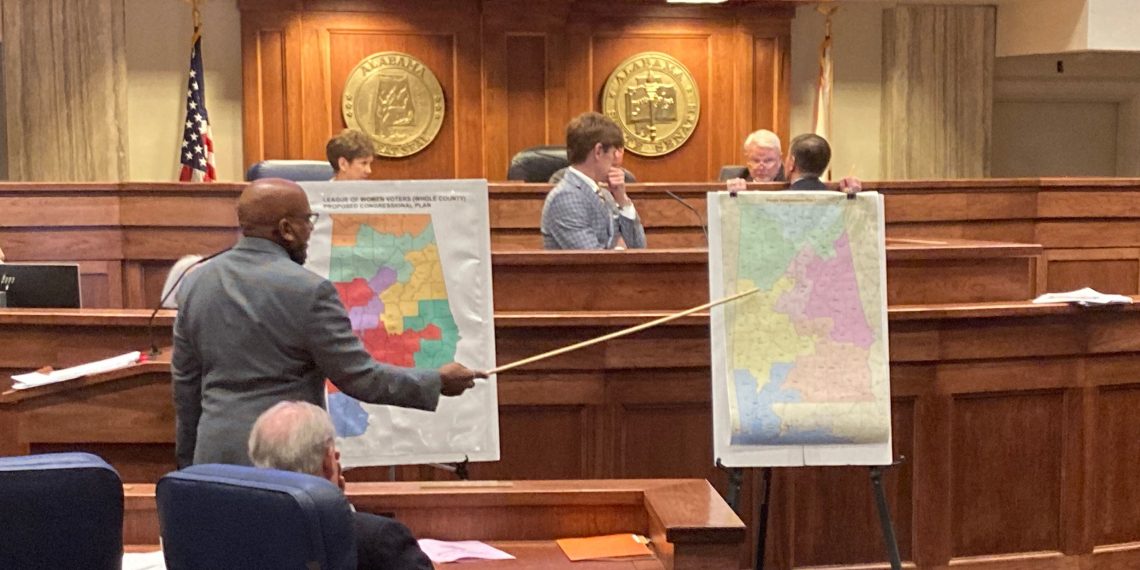Legal disputes over redistricting in several U.S. states may result in new congressional maps for the 2024 elections, potentially altering the balance of power in the House of Representatives. With a slim Republican majority and ongoing vacancies, any shifts could significantly impact party control.
In New York, a battle over redrawn maps could see Democrats gain up to six seats, with a recent court ruling necessitating a new map by February’s end. Similarly, in Florida, legal challenges surrounding a Republican-backed map may lead to Democratic gains, although a resolution is pending due to scheduling constraints.
Georgia’s Republican-drawn map faced criticism for diluting the Black vote, prompting a federal judge’s order for a new district, but the subsequent map maintained the GOP’s advantage. Louisiana and Alabama are likely to see Democratic gains following court rulings to create additional Black-majority districts, potentially flipping seats.
North Carolina’s Republican legislature passed a map expected to shift at least three Democratic-held seats to the GOP, benefiting from a conservative-majority state Supreme Court. Meanwhile, South Carolina and Utah face legal scrutiny over maps favoring Republicans, with potential implications for Democratic representation.

In Wisconsin, Democrats aim to challenge the Republican-drawn map, seeking a fairer distribution of seats in the closely divided state. If successful, it could offer Democrats an opportunity to gain additional representation in Congress.
These legal battles underscore the significant impact of redistricting on electoral outcomes and party dominance. With key states facing uncertainty over their congressional maps, the 2024 elections could witness substantial shifts in the composition of the House of Representatives, shaping the nation’s political landscape for years to come.





